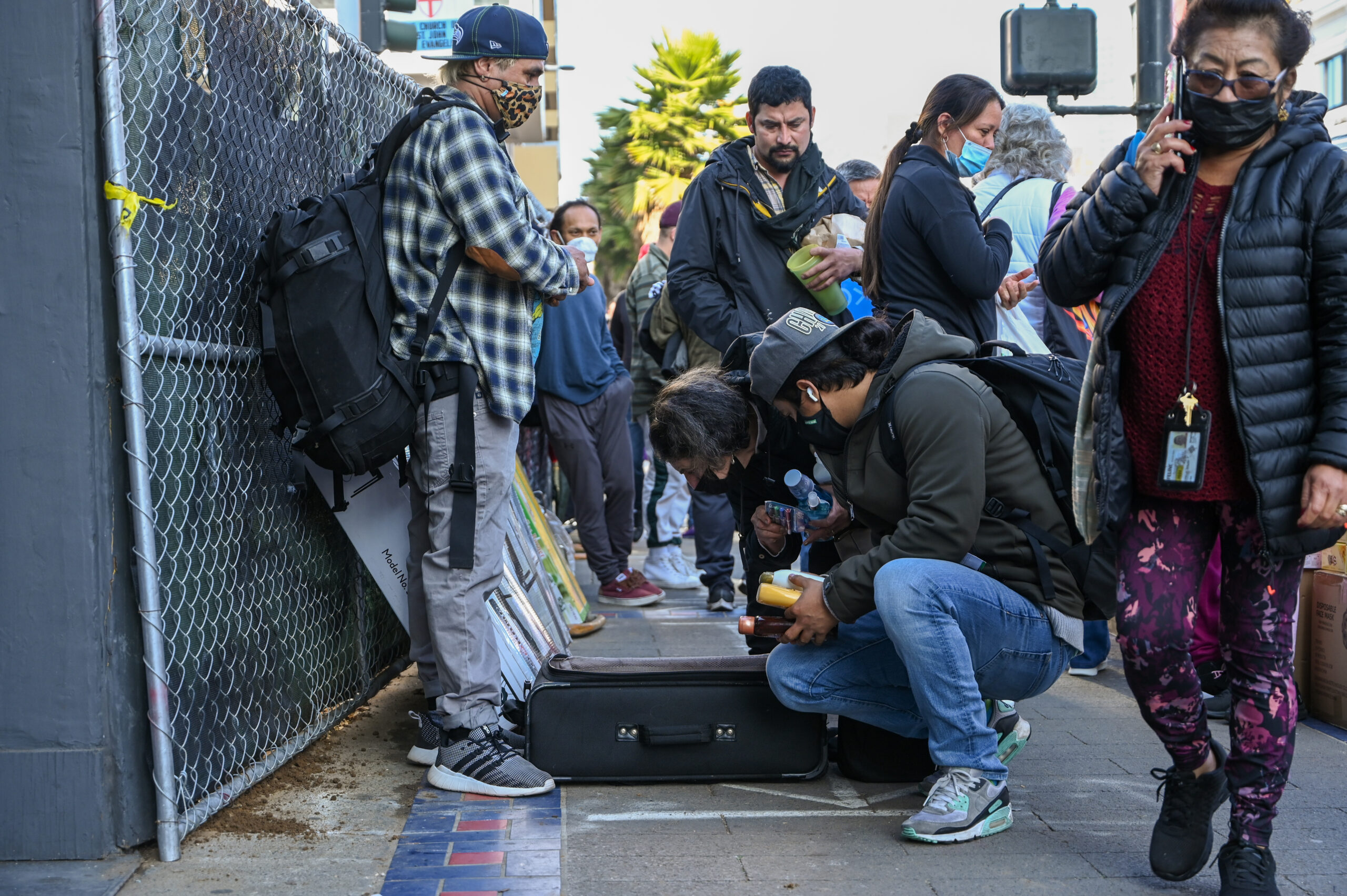Mayor London Breed kicked off the Board of Supervisors meeting Tuesday with a recognition of Women’s History Month and a call to action regarding widespread vacancies across city agencies. Breed said that over 10% of city staff positions are unoccupied, and she called for supervisors to create solutions that will circumvent the city’s lengthy hiring process.
Following the mayor’s comments, the board approved laws that aim to cut down on street vending, increase access to public spaces in Golden Gate Park and help provide more housing for the homeless.
Street Vending
Supervisors unanimously passed legislation that will increase access to permits for street vendors who want to do legitimate business while also exacting fines on those who sell stolen goods.
The legislation, which was initially introduced by Supervisor Ahsha Safaí in response to the November Union Square smash-and-grabs, gained support from the mayor during her news conferences calling out crime in December. The legislation made it to the Budget and Finance Committee but stalled before being amended with input from Supervisor Hillary Ronen, who advocated for more community engagement and educational reform to the current permitting process.
“The goal here is to stop people from selling stolen goods, but not to punish immigrant street vendors,” Ronen said Tuesday.
In 2019, Ronen’s office worked with community members to help organize a legal flea market in the Mission District, sanctioning a section of Julian Street for vendors to sell their goods. But the market eventually became untenable and dissolved back onto the sidewalks of Mission Street.
The newly passed legislation pairs enforcement from the Department of Public Works with a low-barrier permitting process administered by community-based organizations.
While a recent Budget & Legislative Analyst (BLA) report states that “sidewalk vending is unregulated in most areas of the city,” vendors have complained of paying for SFPD permits that were never enforced.
The new legislation proposes a $250 fine for first-time violations, $500 for a second violation and $1,000 for every subsequent violation within a year of someone selling goods without a permit.
Panoramic Hotel
Supervisors unanimously voted to use more than $54 million in state funds to acquire the Panoramic Hotel at 1321 Mission St. as a permanent supportive housing facility for unhoused residents. The acquisition faced community pushback in September, as residents of the surrounding South of Market neighborhood complained about an overwhelming density of shelters in the neighborhood, a potential uptick in crime and a lack of rehabilitation services.
The property will open March 21, and it could potentially house up to 240 people, according to the Department of Homelessness and Supportive Housing.
The city is tapping into $109 million worth of state and local funds from Project Homekey and Prop C, in addition to $16 million from the Department of Homelessness and Supportive Housing, to help complete the hotel’s purchase and jumpstart shelter operations for the next five years.
Residents Fly Free at Golden Gate Park
Supervisors voted to waive fees for San Francisco residents who visit Golden Gate Park’s Japanese Tea Garden and Conservatory of Flowers—but not without pushback from Supervisor Aaron Peskin, who said the motion was giving the wrong idea to tourists.
“We are trying to attract non-residents back to San Francisco and some of its star attractions,” he said. “I know it feels attractive because we're giving something to our constituents, but at the same time, we're discouraging people to do precisely what we want visitors to do.”
Supervisor Connie Chan, who ultimately voted in favor of waiving the fees, also raised concerns that the legislation reinstates flexible pricing, which enables the Recreation and Parks Department—at its own discretion—to raise entrance fees for non-residents by up to 70%. The current rate for non-resident adults to visit the Japanese Tea Garden and the Conservatory of Flowers is $10.
However, Tuesday’s decision will allow the Recreations and Parks Department to lower fees on particular days and times due to bad weather, improper maintenance or other special considerations.
The BLA predicted in a report that the annual revenue loss from the legislation could be regained by a $1 increase in ticket prices for non-residents.
The legislation, which was introduced by Mayor London Breed and Supervisor Gordon Mar, passed with only one dissenting vote from Peskin.
